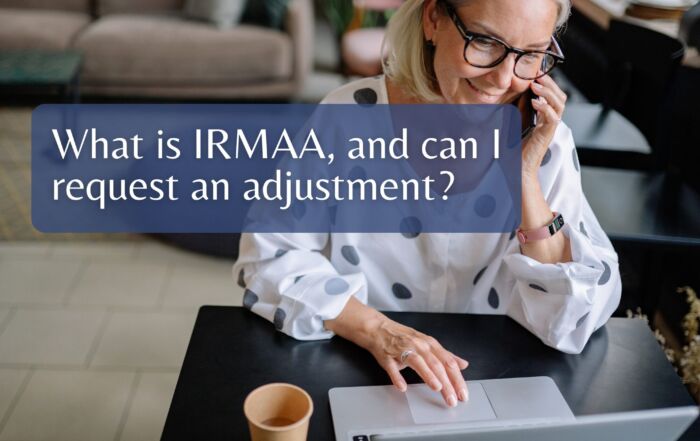
Just Moved to a New State? Here’s Your Financial To-Do List
Listen or Watch
Summary
Moving to a new state is exciting, but it comes with plenty of financial considerations you may not expect. Beyond the boxes and movers, it’s important to plan ahead so you don’t face surprises after the fact.
Legal and Government To-Dos
Start with the basics: update your driver’s license and vehicle registration (typically within 30–90 days), register to vote, and change your address with USPS. Don’t forget to update your accounts, brokerage firms, and retirement accounts to ensure sensitive mail doesn’t end up at your old address.
Insurance Adjustments
Auto insurance, homeowner’s or renter’s insurance, health insurance, and even life and disability coverage may change depending on your new location. Notify your carriers within the required timeframe (usually 30–60 days), and research how your costs may shift with the move.
Taxes and Withholding
Taxes are often overlooked until it’s too late. Make sure you:
-
Update your employer with your new state for tax withholding.
-
Understand whether you’ll need to file partial-year returns in both states.
-
Check the new state’s income tax rates before moving, high tax states like California or New York may significantly change your financial picture.
-
Remember: state sales tax may offset “no income tax” states.
Employment and Licenses
If you’re changing jobs, HR will help with onboarding, but remote workers still need to notify HR about withholding updates. Professionals with licenses, such as CPAs, doctors, or attorneys, may need to re-register or meet new state requirements.
Retirement Accounts and 529 Plans
Moving can affect retirement savings decisions. Consider consolidating old 401(k)s, evaluating Roth vs. pre-tax contributions, and reviewing your 529 college savings plan for state-specific tax benefits.
Estate Planning and Legal Documents
Each state has unique estate and probate rules. Update your will, power of attorney, and medical directives to match local requirements. If you own property in multiple states, setting up a trust may help avoid probate complications.
Banking and Financial Accounts
Update your address with all financial institutions. If you rely on local banking services, research branch availability. While online banking makes things easier, certain transactions, like notarizations or medallion signature guarantees still require in-person visits.
Big-Picture Planning
Before relocating, talk with your financial advisor about the cost of living, tax rates, and long-term financial implications. Advisors who work nationally can guide you through state-specific nuances and help ensure your move supports your financial goals.
- Schedule a Complimentary Consultation: Discover how our services can help you achieve financial confidence.
- Access Our Free Guides: Gain valuable insights on topics such as why most financial plans fail, how to leave a financial legacy, post-divorce financial planning, and more!
- Subscribe to A Wiser Retirement® YouTube Channel.
- Listen to A Wiser Retirement® Podcast and access previous episodes.
Connect:
Share This Story, Choose Your Platform!
Wiser Wealth Management, Inc (“Wiser Wealth”) is a registered investment adviser with the U.S. Securities and Exchange Commission (SEC). As a registered investment adviser, Wiser Wealth and its employees are subject to various rules, filings, and requirements. You can visit the SEC’s website here to obtain further information on our firm or investment adviser’s registration.
Wiser Wealth’s website provides general information regarding our business along with access to additional investment related information, various financial calculators, and external / third party links. Material presented on this website is believed to be from reliable sources and is meant for informational purposes only. Wiser Wealth does not endorse or accept responsibility for the content of any third-party website and is not affiliated with any third-party website or social media page. Wiser Wealth does not expressly or implicitly adopt or endorse any of the expressions, opinions or content posted by third party websites or on social media pages. While Wiser Wealth uses reasonable efforts to obtain information from sources it believes to be reliable, we make no representation that the information or opinions contained in our publications are accurate, reliable, or complete.
To the extent that you utilize any financial calculators or links in our website, you acknowledge and understand that the information provided to you should not be construed as personal investment advice from Wiser Wealth or any of its investment professionals. Advice provided by Wiser Wealth is given only within the context of our contractual agreement with the client. Wiser Wealth does not offer legal, accounting or tax advice. Consult your own attorney, accountant, and other professionals for these services.





